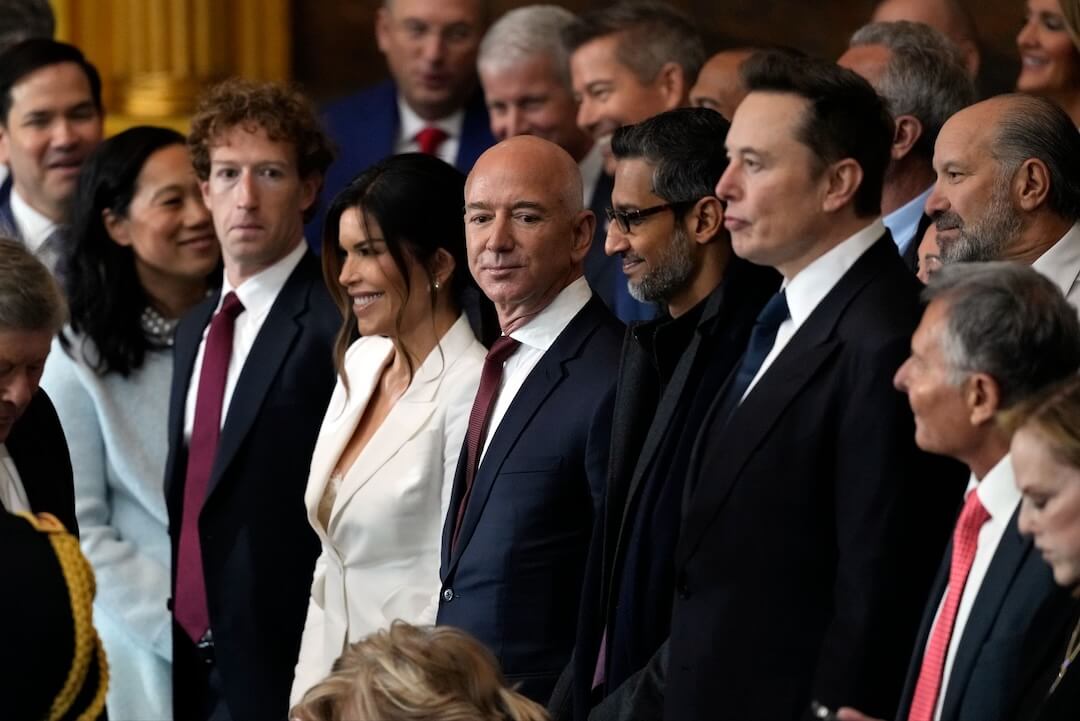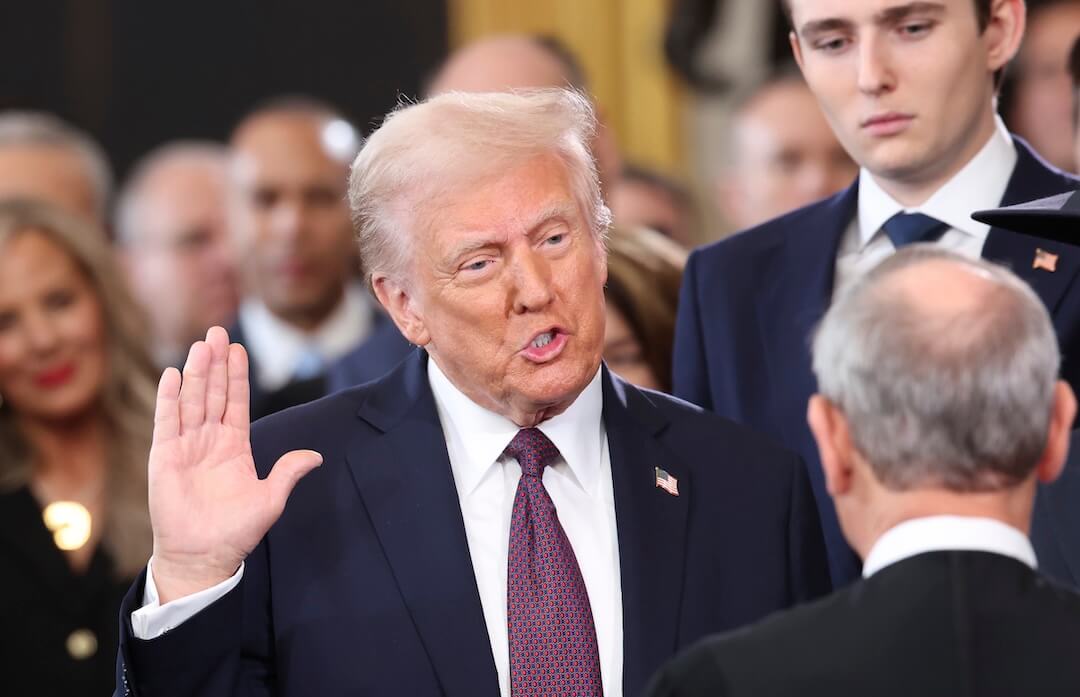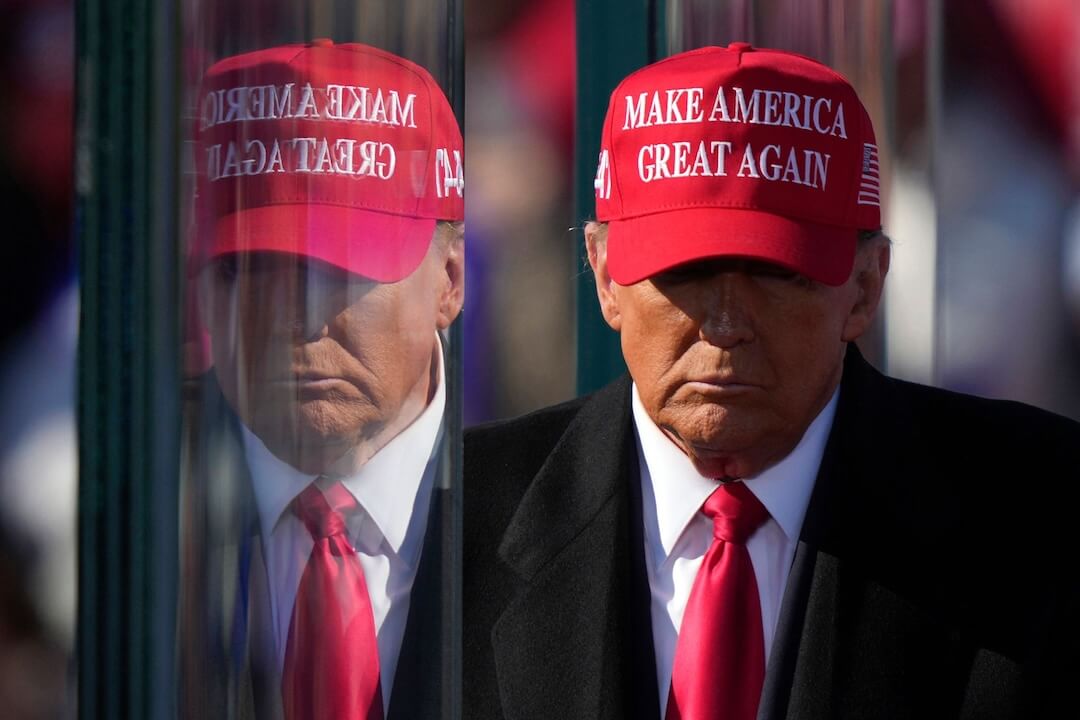In a shot across the bow of platform giants Facebook and Google, the News Media Alliance has asked Congress for an antitrust exemption to negotiate on behalf of its 2,000 members with the digital advertising “duopoly.”
NMA president and chief executive David Chavern laid out the case this morning in a Wall Street Journal op-ed and a lengthy New York Times news story by media columnist Jim Rutenberg.
Chavern conceded in a phone interview that his proposal would face an uphill climb in the Republican-controlled House and Senate. But he is hoping to push forward the idea that local news organizations may not be sustainable if Google and Facebook continue to feast on a giant slice of the digital ad pie.
Reaction to his piece so far has been predictable, Chavern said.
“I’ve received support from a lot of people in the news business. But I also have been slapped pretty hard” by digital enthusiasts who think the decline of newspaper organizations is inevitable, he said.
“I’ve tried to avoid making this an old economy vs. new economy issue,” he said, and there is no agenda to prop up print advertising revenue, which has declined at a rate of 15 percent annually the last two years.
In the op-ed, Chavern argues that traditional antitrust enforcement blocks the news industry from negotiating collectively. But Facebook and Google have faced little scrutiny as they acquire advertising and publishing apps to cement their hold on digital advertising and audience.
They do virtually no news gathering themselves, Chavern contends, and are reluctant to compensate publishers for the considerable expense of producing quality journalism.
The situation is very different in Europe, where the EU and Germany, particularly, have acted aggressively against anti-competitive actions by the two including imposing a $2.7 billion fine recently against Google.
Several efforts from book publishers to counter the market power of the big platform companies ran afoul of antitrust regulations, and Chavern said that he needs some reassurance before acting collectively for his members.
His piece cites the market domination of Google and Facebook in digital advertising (70 percent plus an even larger share of growth).
In our interview, Chavern said that there have been no studies estimating how much of Google and Facebook’s ad base is news related, but that news is clearly “not primary in their mix of content.”
I asked whether the unpopularity of the news media (documented by a fresh Pew Research study this morning) would work against getting any help from Congress.
“In my experience,” he replied, “politicians generally hate the media but have good, productive relationships with their local media.” So he hopes to get them asking the question, “is my local news organization sustainable?”
Other action short of an antitrust exemption could help, he said, including voluntary concessions from Google and Facebook.
“We need a better deal for the news business,” he said. “Any way we can get there, I’ll be all for it.”







